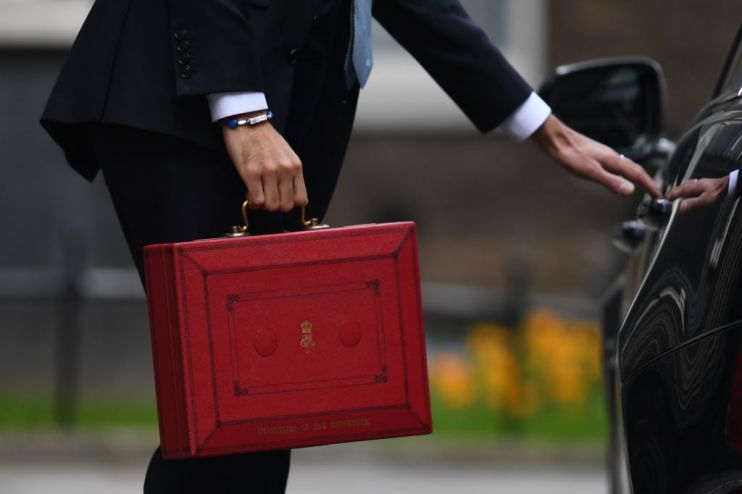City reckons more ‘enormous’ stimulus to come from Rishi Sunak in autumn

Chancellor Rishi Sunak today unveiled a package worth up to £30bn to boost the UK economy as the coronavirus lockdown is gradually eased, and promised it “will not be the last action”.
At the centre of the stimulus is a “job retention bonus” worth up to £9bn that will pay companies to take back furloughed workers.
The chancellor also slashed VAT to five per cent for six months. And he announced a holiday for the stamp duty property tax, raising the payment threshold to £500,000.
On top of this, he introduced a novel “eat out to help out” scheme which will give people steep discounts if they dine out. This is aimed at helping the bruised hospitality sector.
The potential £30bn package was bigger than many were expecting. Sunak said it comes on top of roughly £160bn spent so far. Here’s how some of the UK’s top experts reacted to Sunak’s spending spree.
Sunak could unveil more stimulus in autumn
People should be “under no illusion,” said Paul Johnson, director of the respected Institute for Fiscal Studies think tank, “this was a big package on top of enormous interventions so far”.
Yet he said the chancellor is likely to unveil new policies aimed at kickstarting the moribund economy in the autumn. He tweeted: “Given uncertainty about development of economy, jobs, virus etc. feels right to me that chancellor is clear he’ll be back to do more.”
David Zahn, head of European fixed income at investment firm Franklin Templeton, said the package “reinforced further fiscal support for the UK economy, working hand in hand with the monetary support from the Bank of England”.
The BoE has slashed interest rates to 0.1 per cent and bought up hundreds of billions of pounds of bonds. This has helped keep government borrowing costs extremely low as it borrows record amounts.
Zahn also said he thought there would be more to come. “The economy is on a long road to recovery from the damage caused by Covid-19, and fiscal and monetary support will be required for some time,” he said.
‘Yet to be seen’ whether measures will work
Chris Sanger, head of tax policy at EY, said it was “clearly a ‘tax less, spend more’ statement”. He said: “Sunak delivered not just a VAT cut for the few, but spending grants for the many.”
“Whether this is enough to stop redundancies is yet to be seen. Also, this scheme may leave a sour taste in the mouth for those businesses which have struggled on without furloughing workers.”
Yael Selfin, chief economist at KPMG, said more action will be needed to reskill workers. “A £30bn package to help secure jobs is welcome, but more efforts should be directed at creating a national training scheme to equip the rising number of unemployed for future jobs,” she said.
She called for a “flexible national training programme set up to upskill and retrain large numbers of people”. She added: “It also needs to be designed and delivered together with businesses across the regions.”
Government may have to raise taxes
Other commentators fretted about the enormous cost of the stimulus measures. They questioned how it would be paid for.
Sarah Coles, personal finance analyst at broker Hargreaves Lansdown, said: “Sunak may not have thrown the entire kitchen sink at the impending economic and jobs crisis, but he’s lobbed a fair amount of kitchenware at it.”
She added: “All of these measures will cost money – on top of the eye-watering sums already spent – and eventually, the Treasury is going to need to start raising revenue.”
Mike Hodges, head of private wealth at accountancy firm Saffery Champness, said: “Looking ahead, it is difficult to imagine there being any significant revenue raising without increasing some or all of income tax, corporation tax, VAT or national insurance at some point.”
Robert Colvile, director of the conservative Centre for Policy Studies think tank, said: “These measures are temporary, and will have to be paid for down the line.”
“This is why we would like to see the sort of long-term structural change that will maximise growth, support businesses and encourage them to create new jobs without placing the burden on the taxpayer.”
Yet for now investors are entirely sanguine about the government borrowing record amounts of money to stimulate the economy. The government has even been able to sell bonds at negative rates, with investors paying the government to borrow.
With the Bank of England propping up the bond market set to keep interest rates close to record lows for the foreseeable future, there are few signs that this will change any time soon.